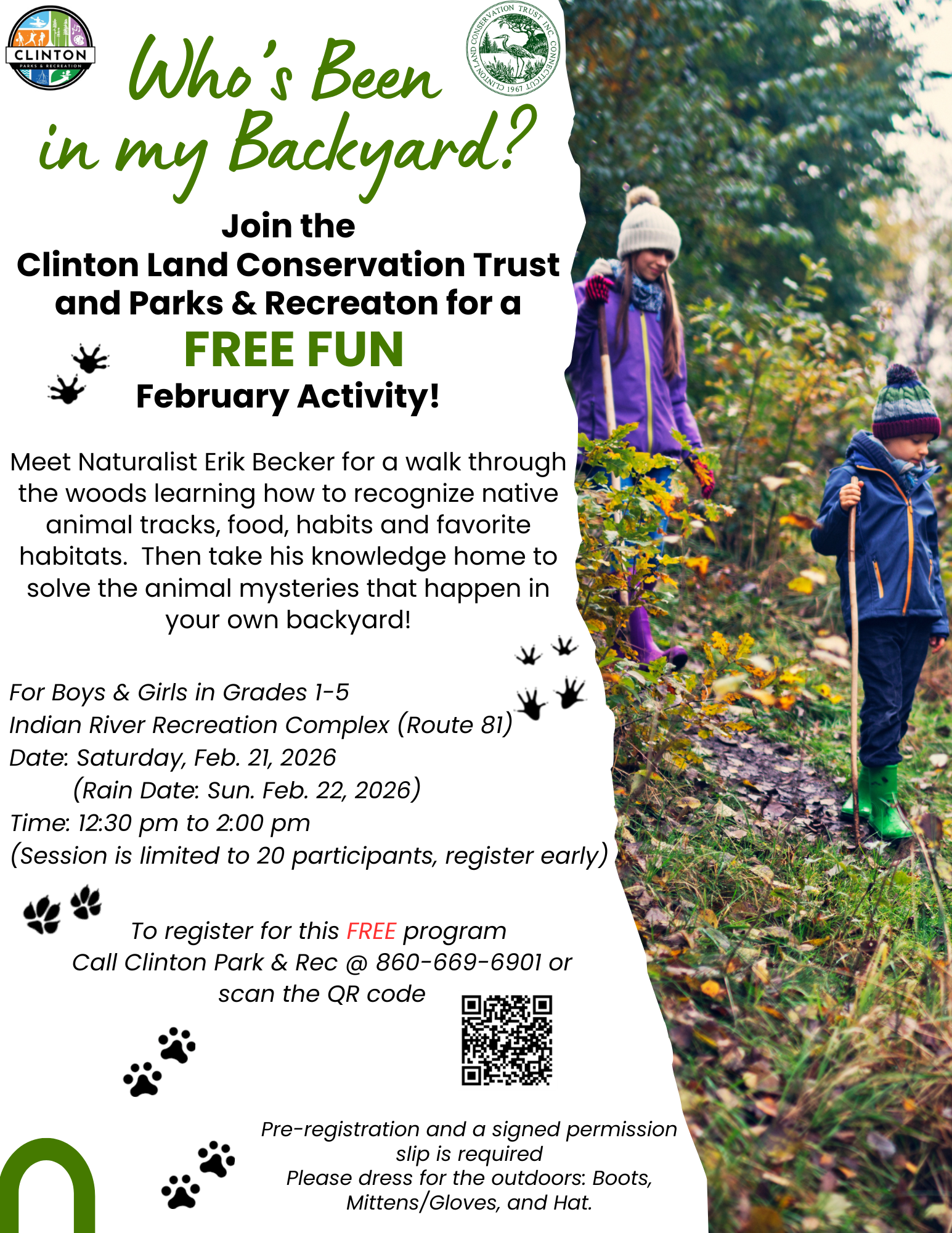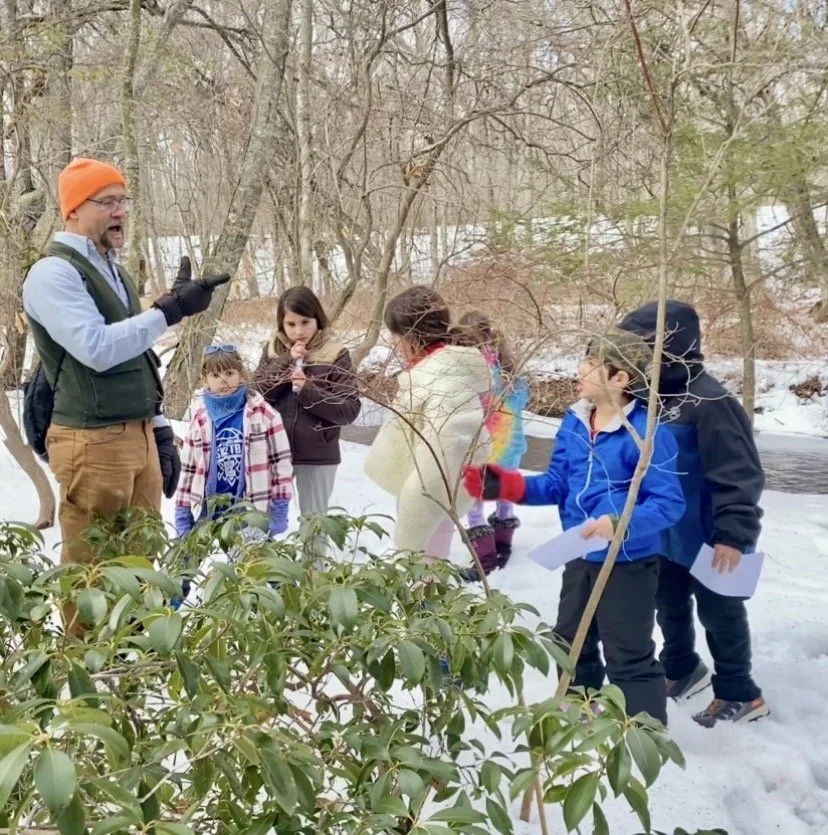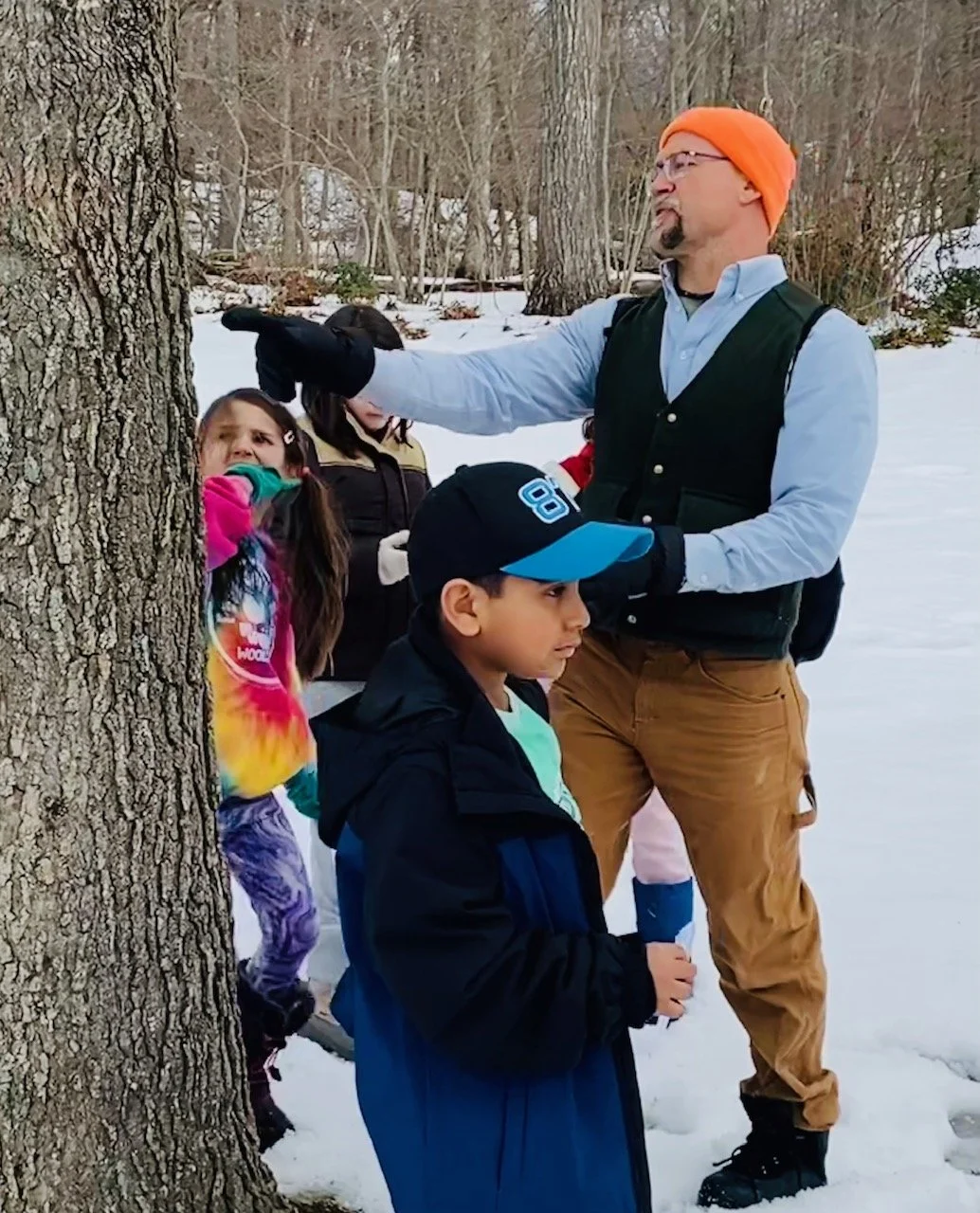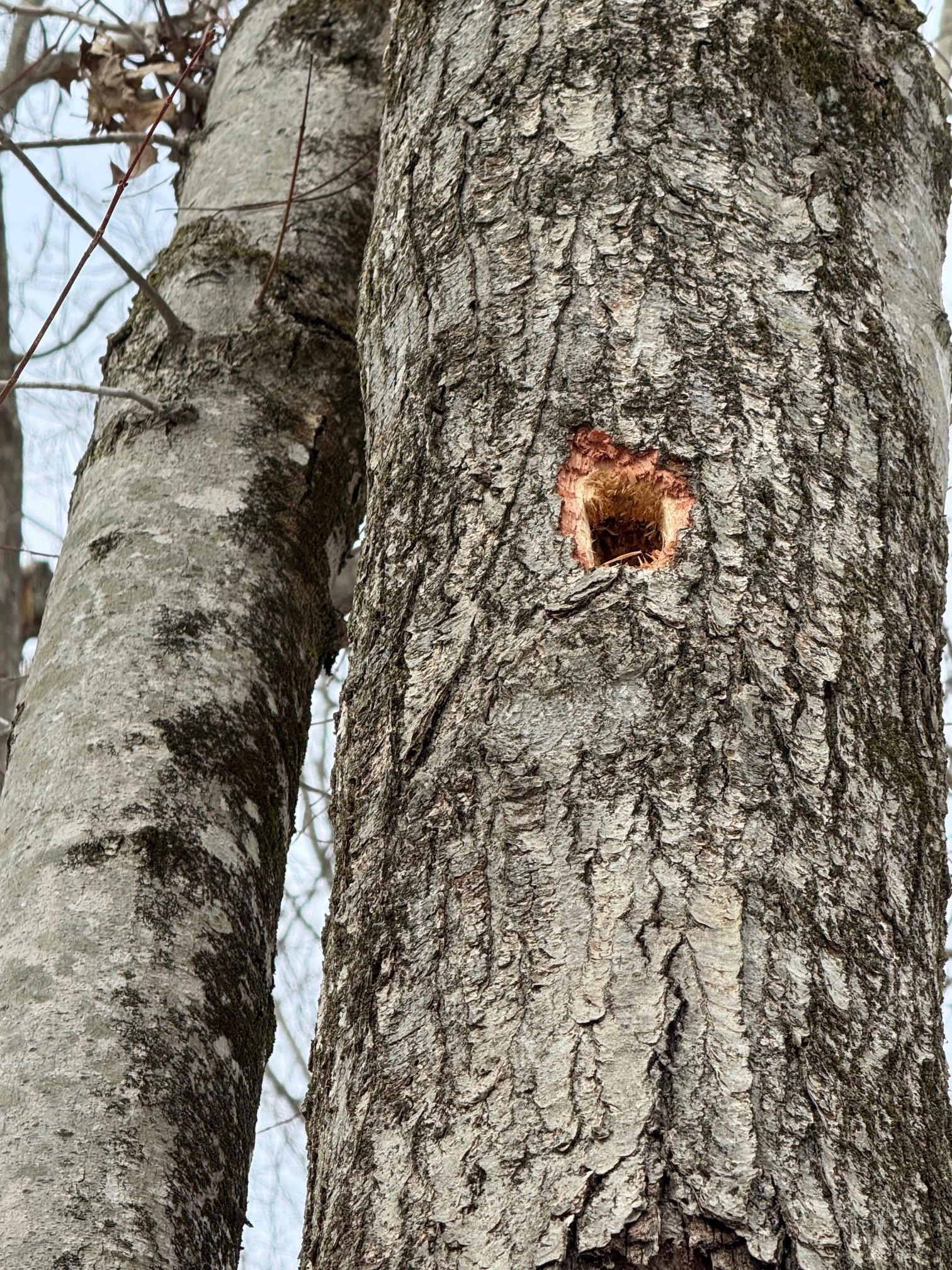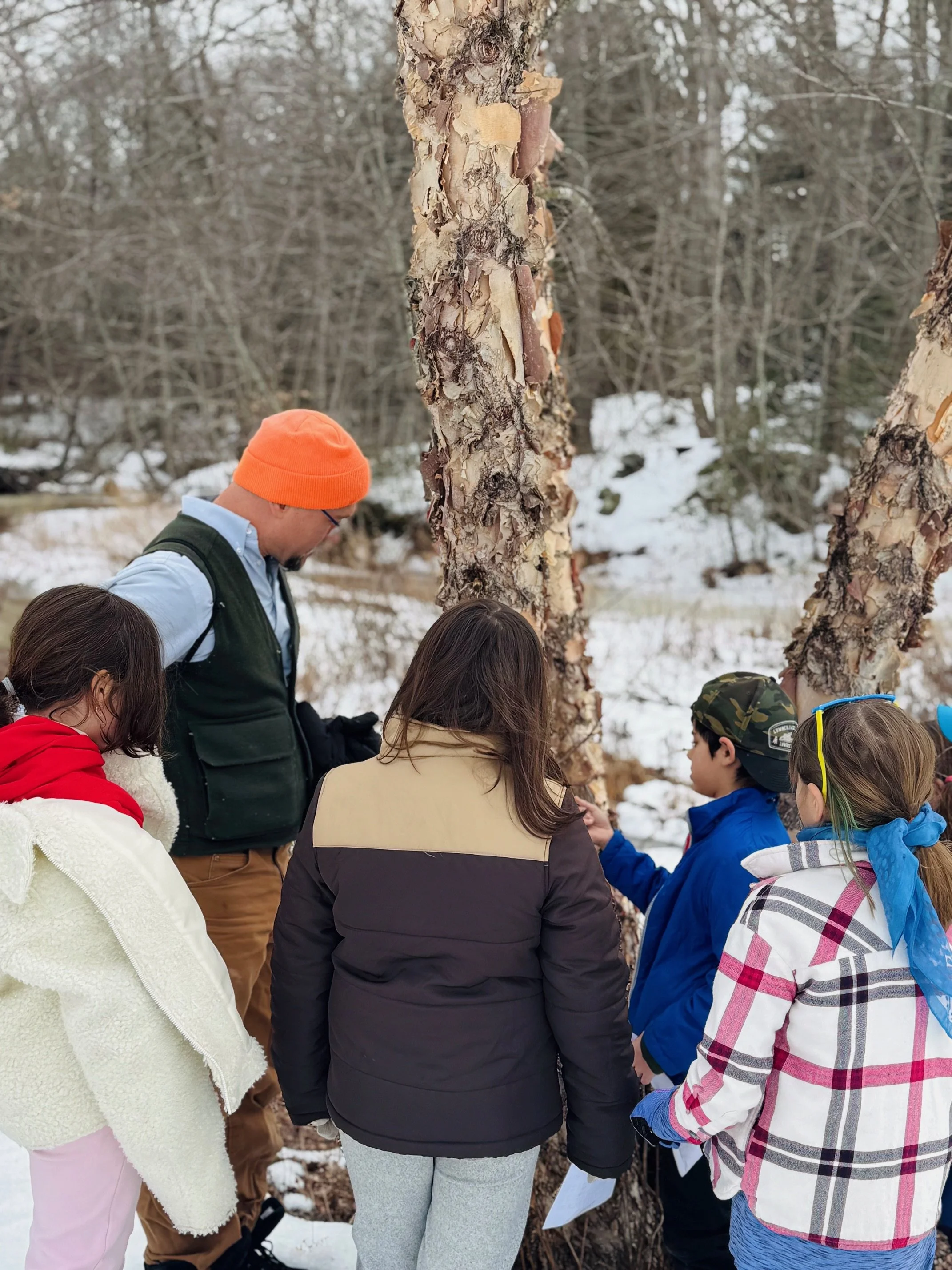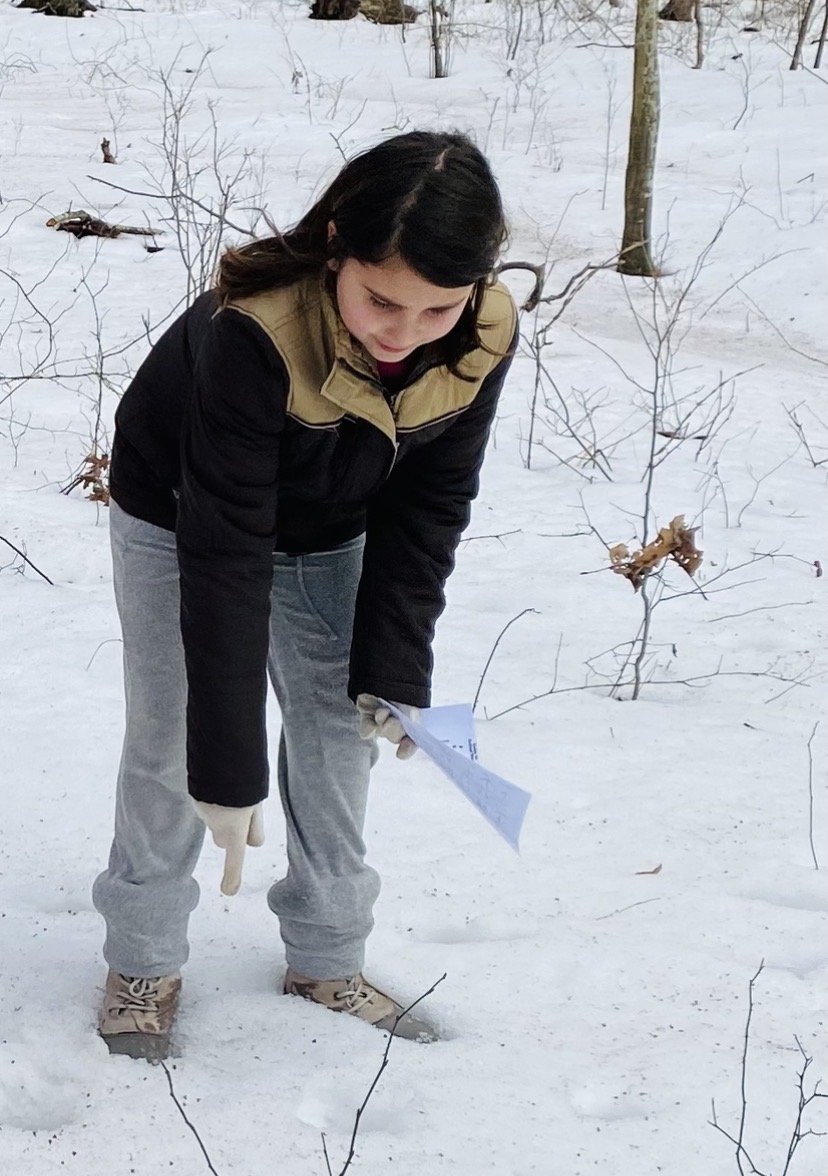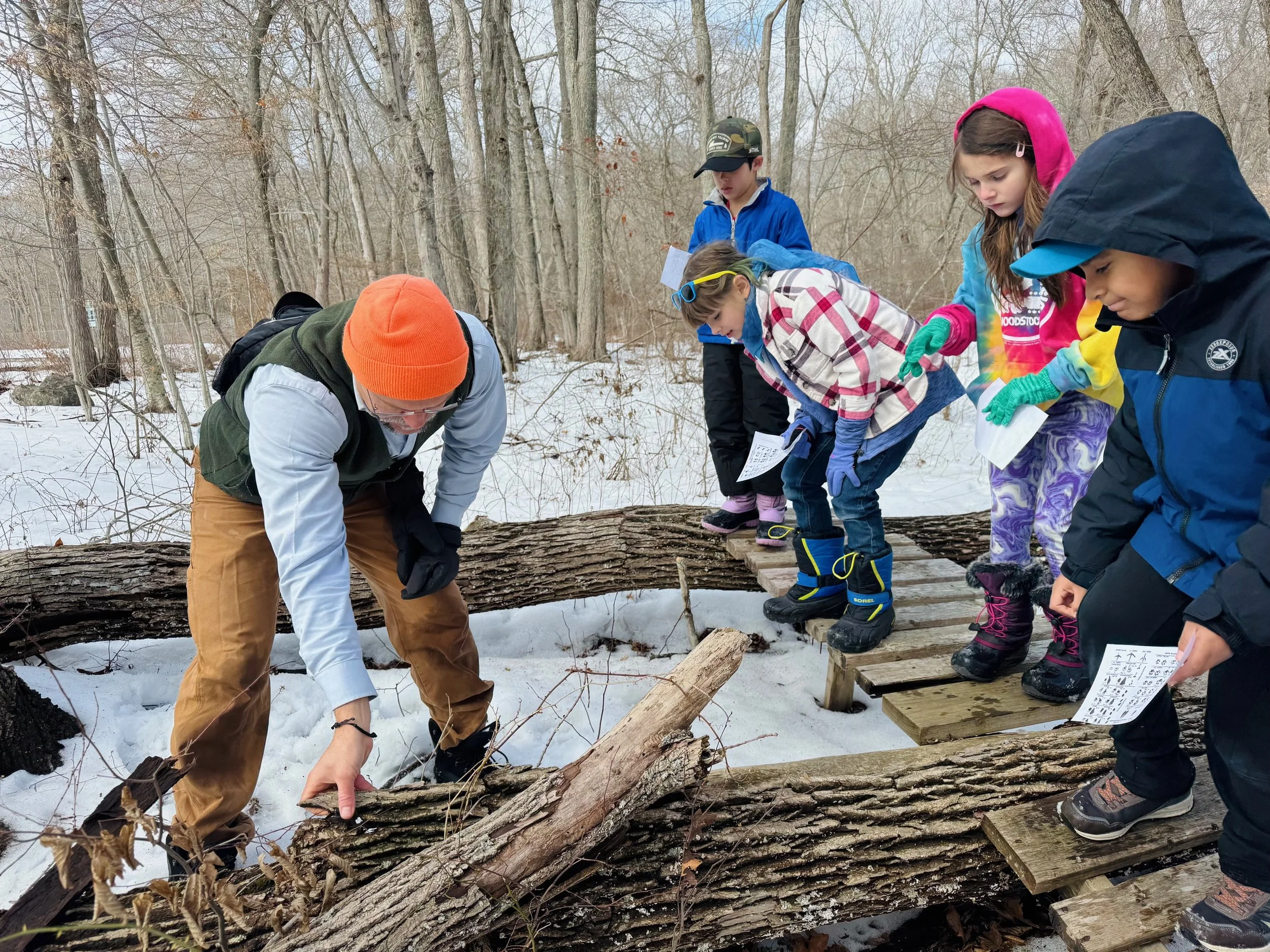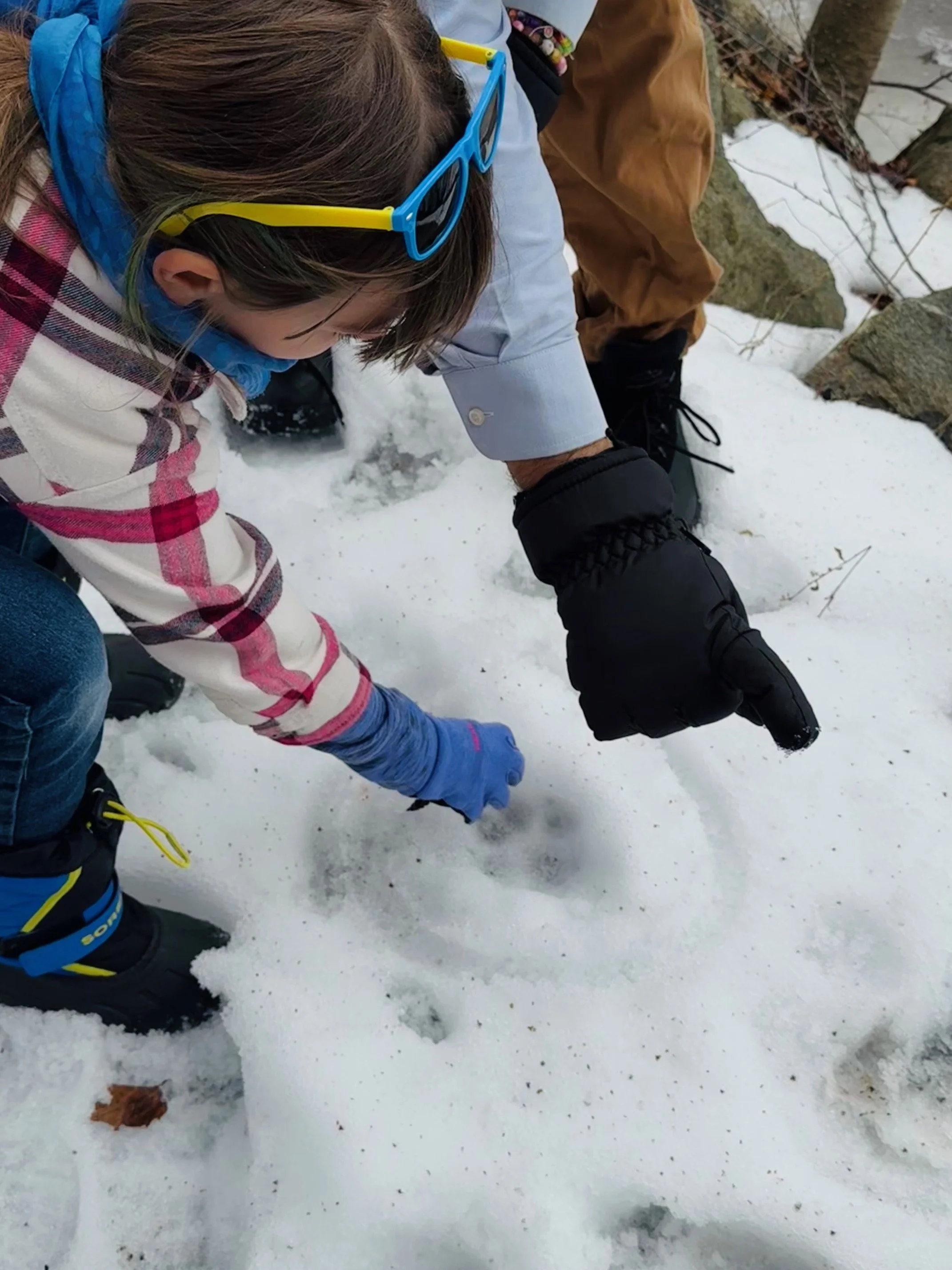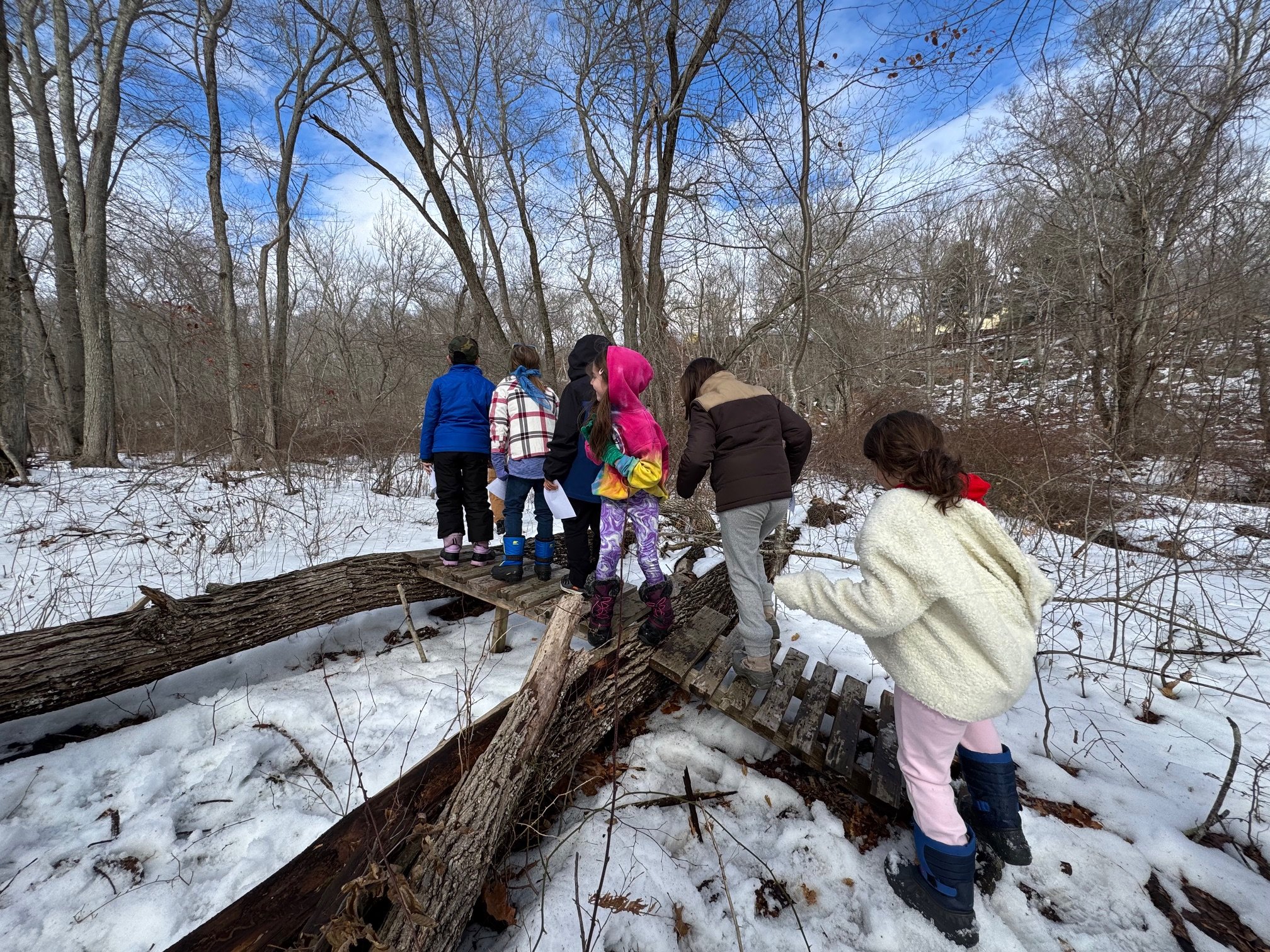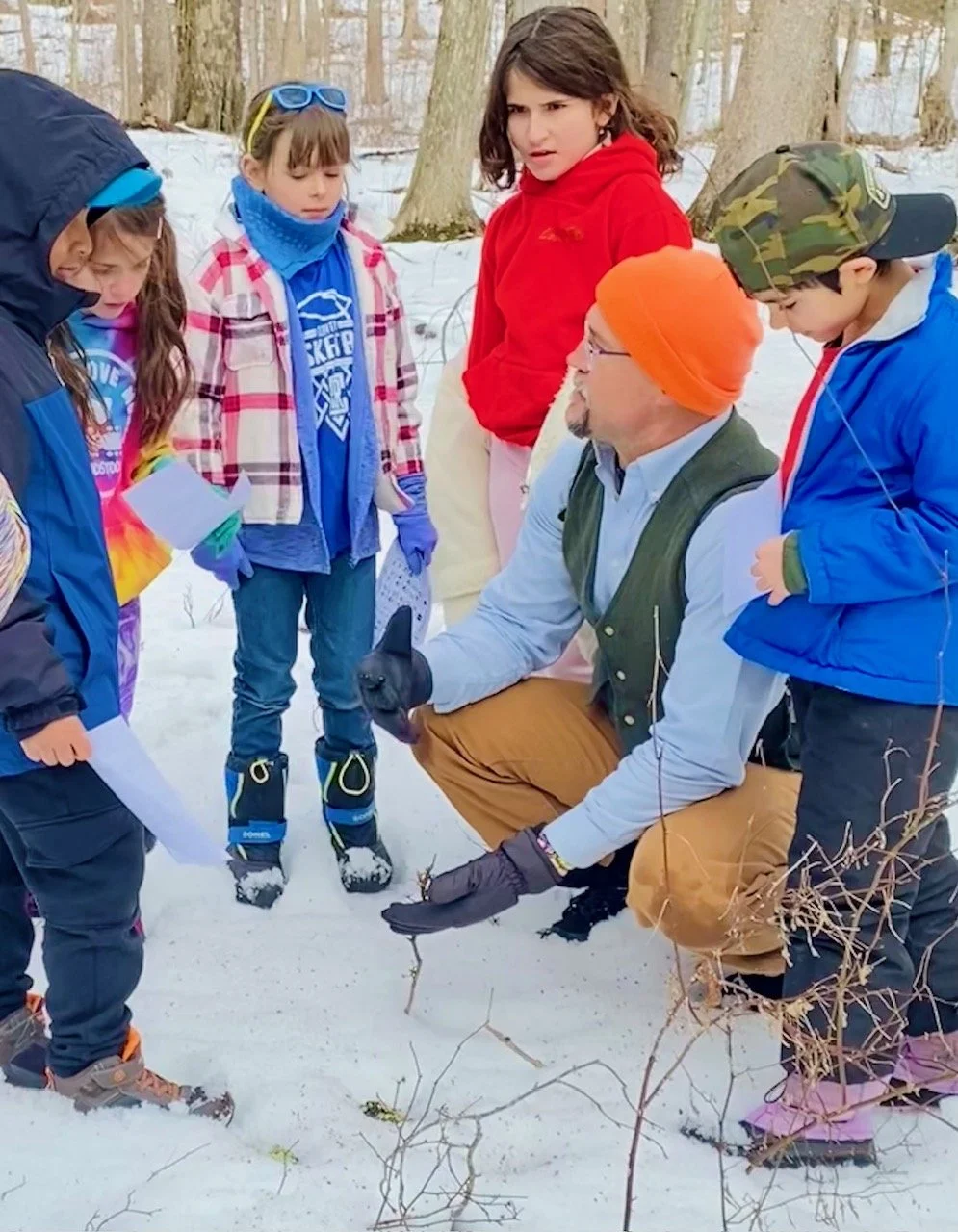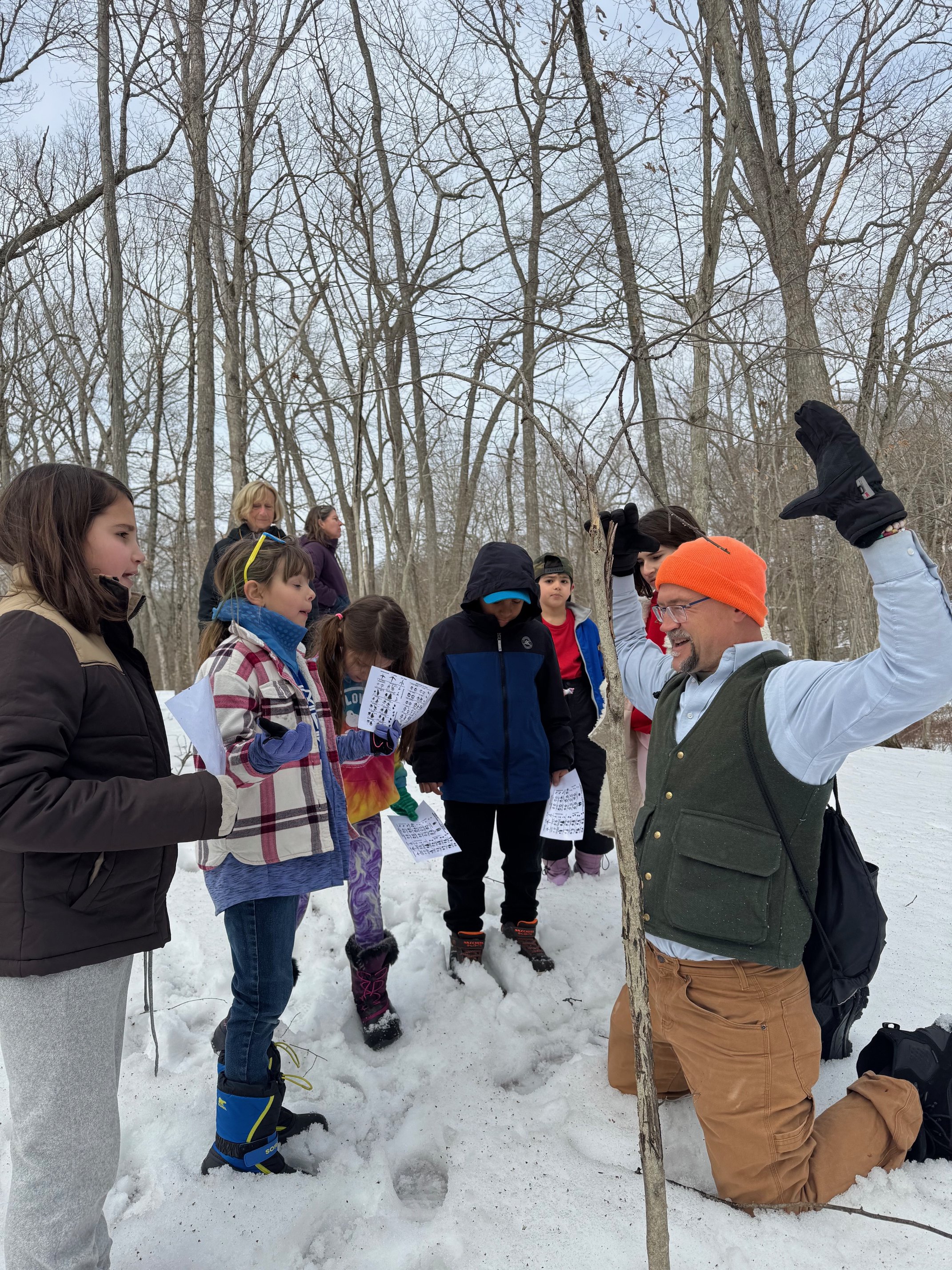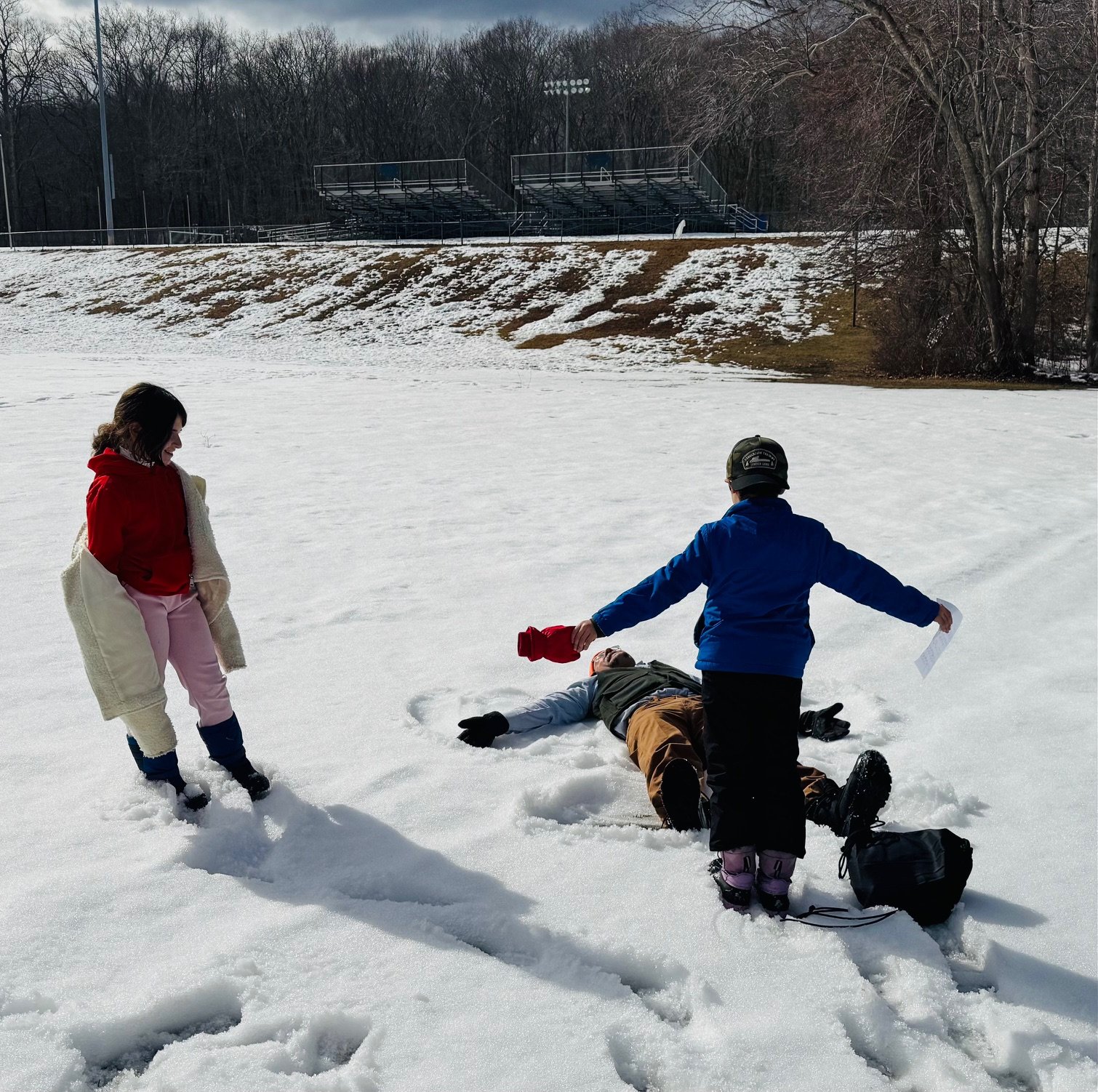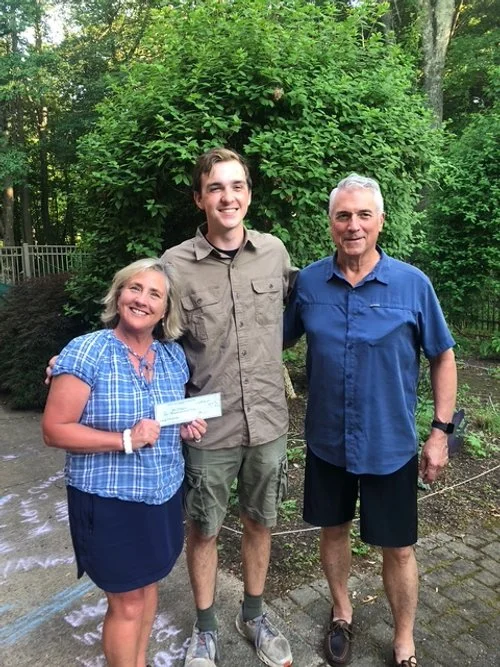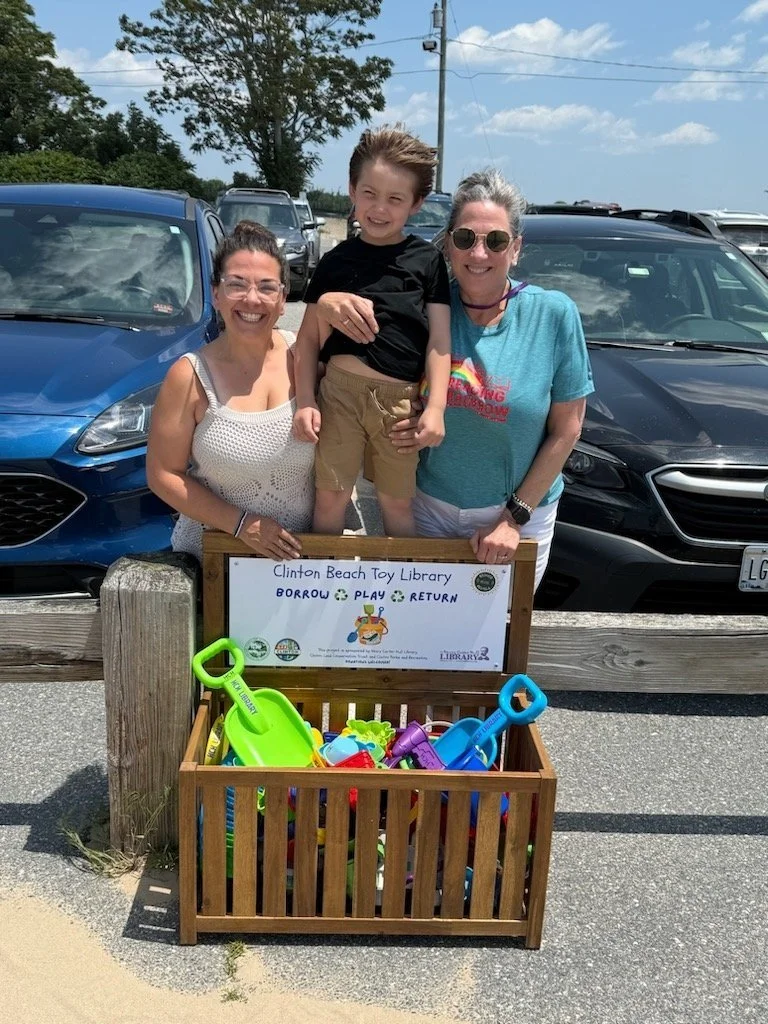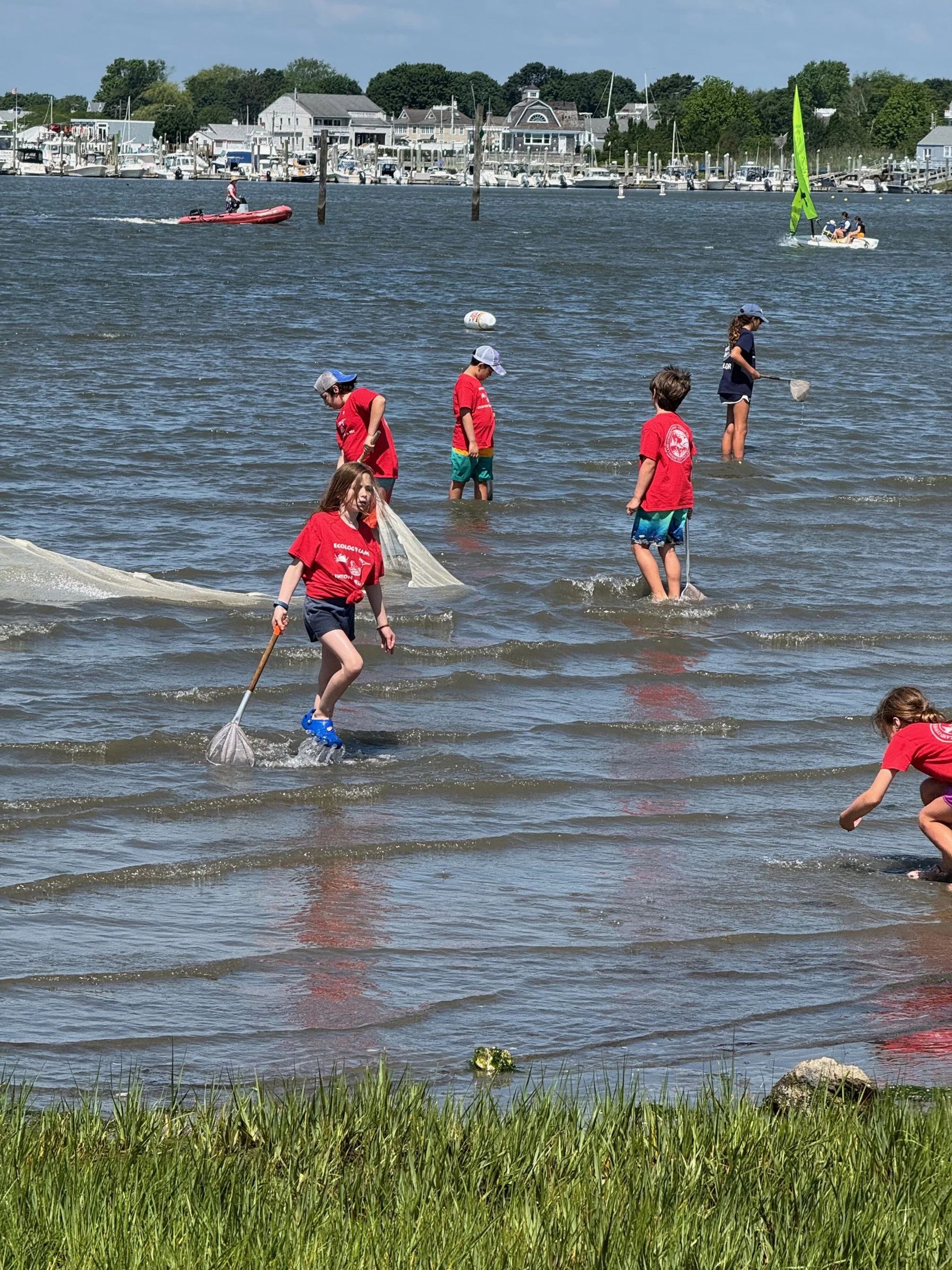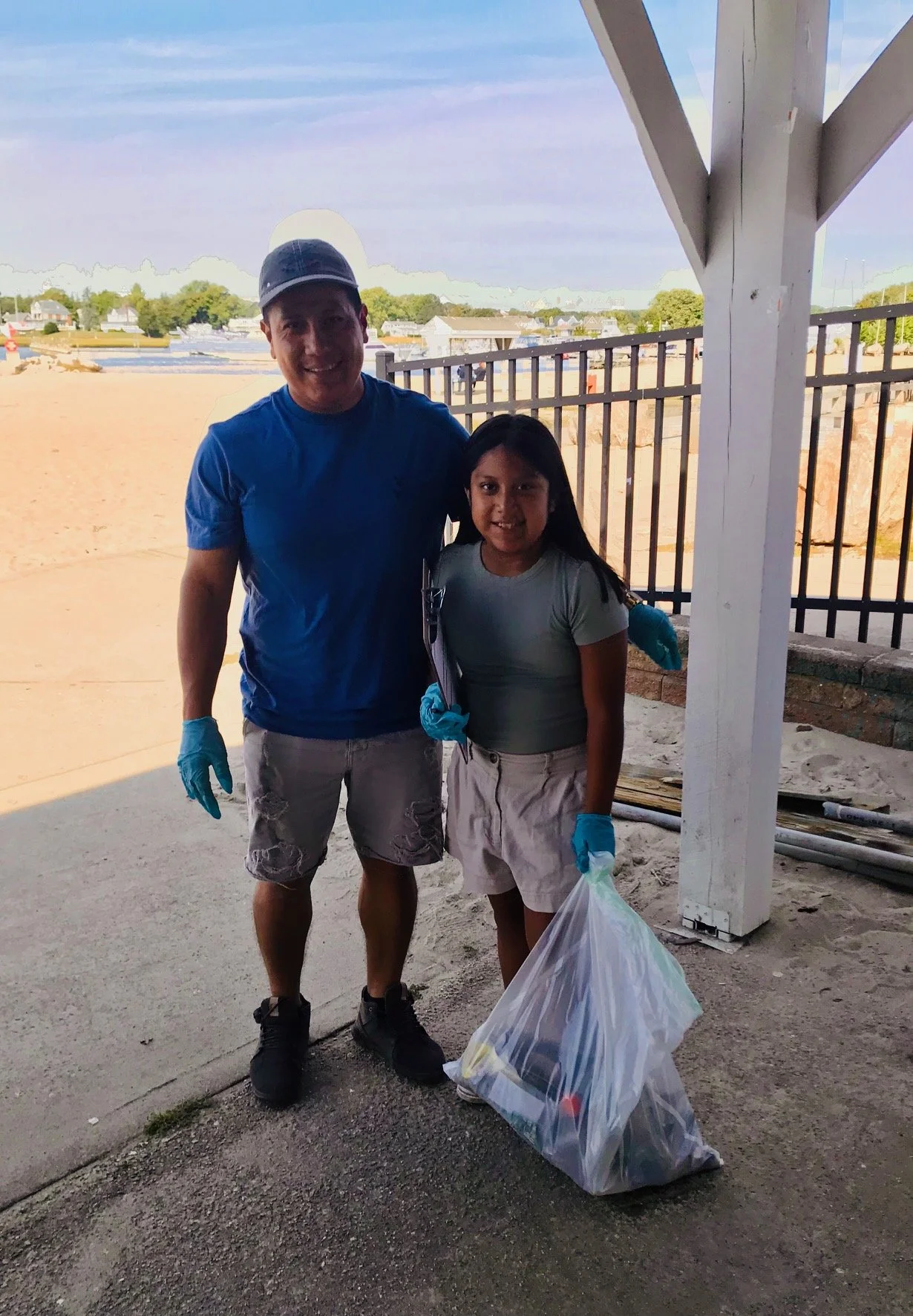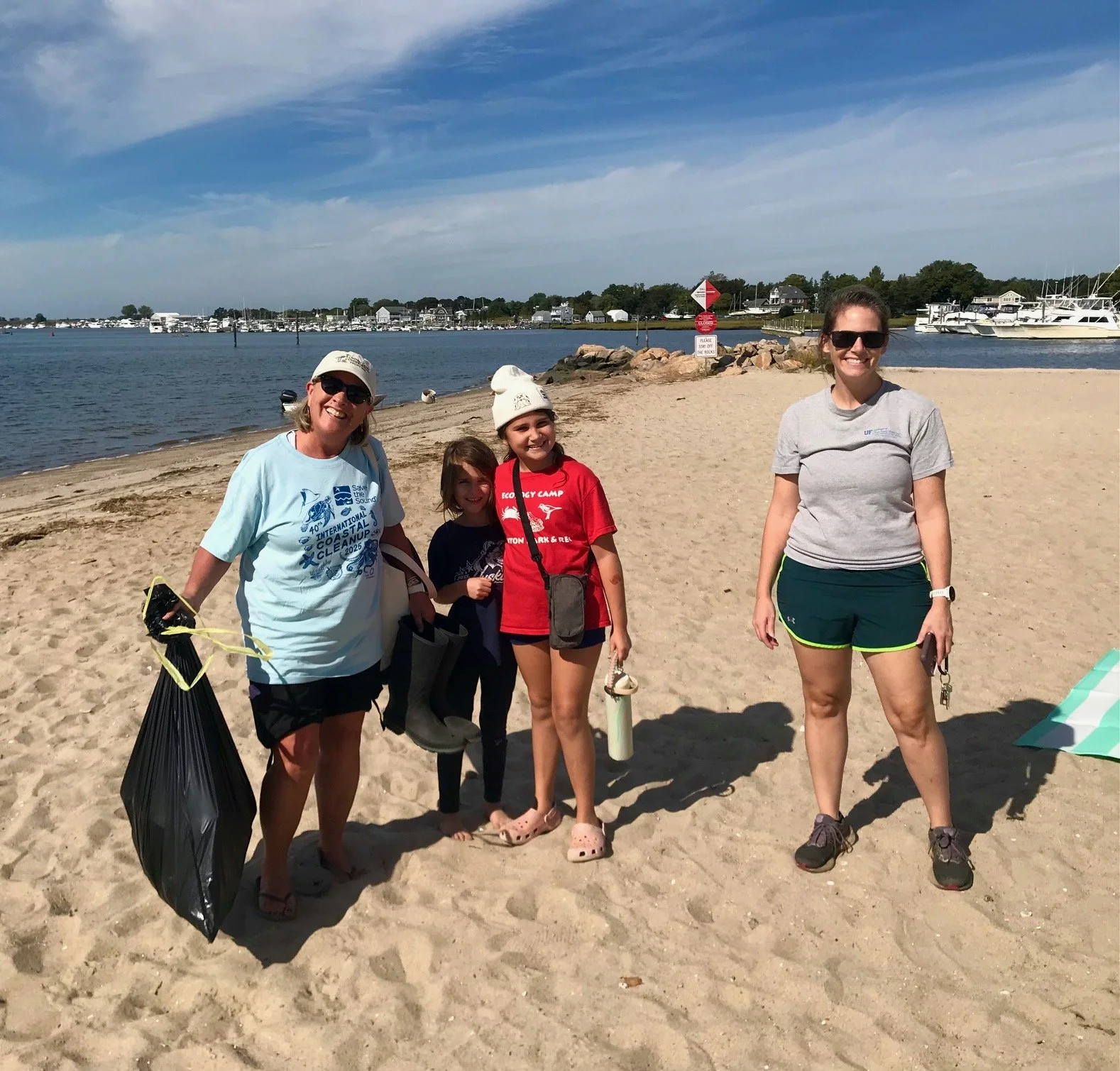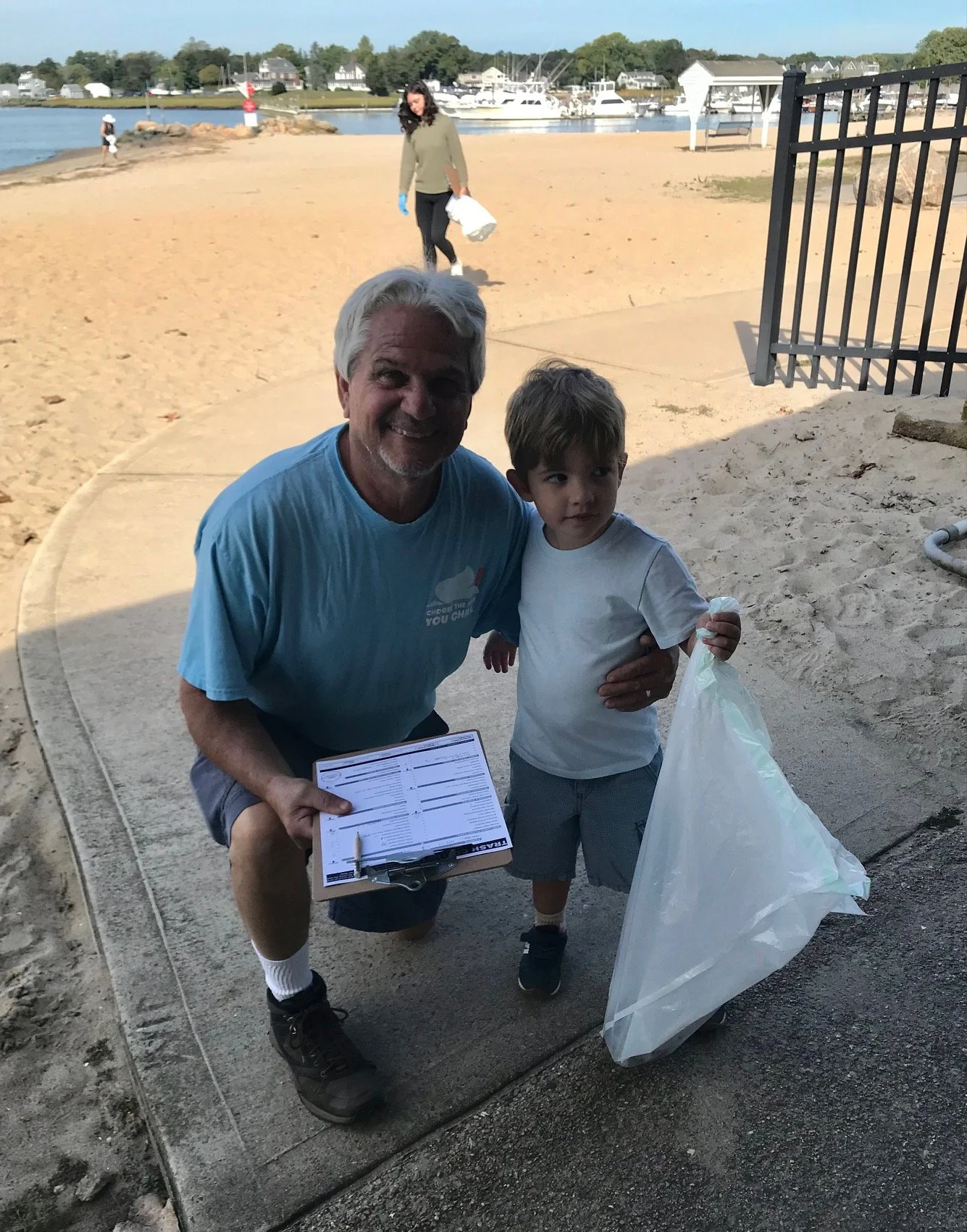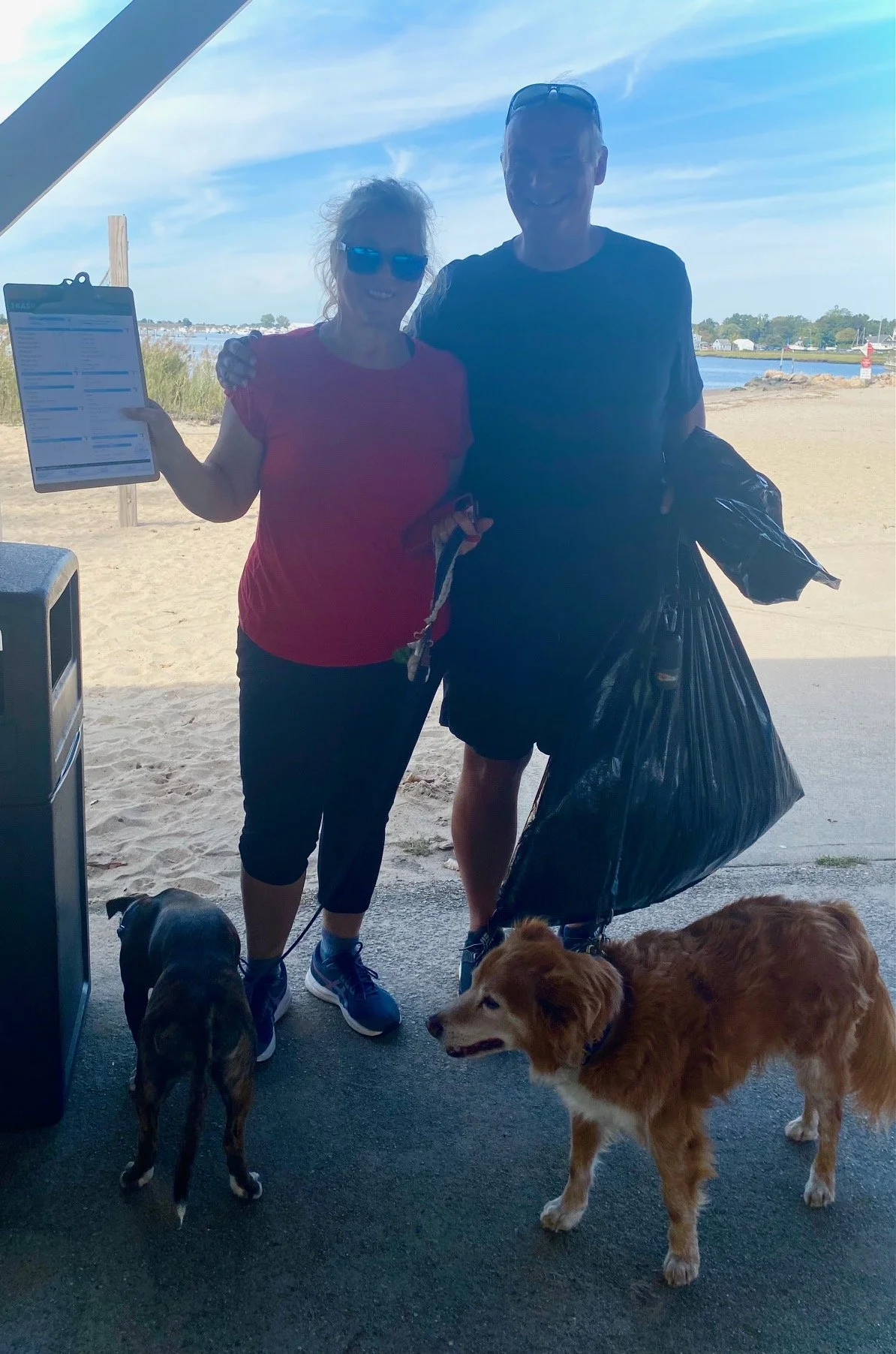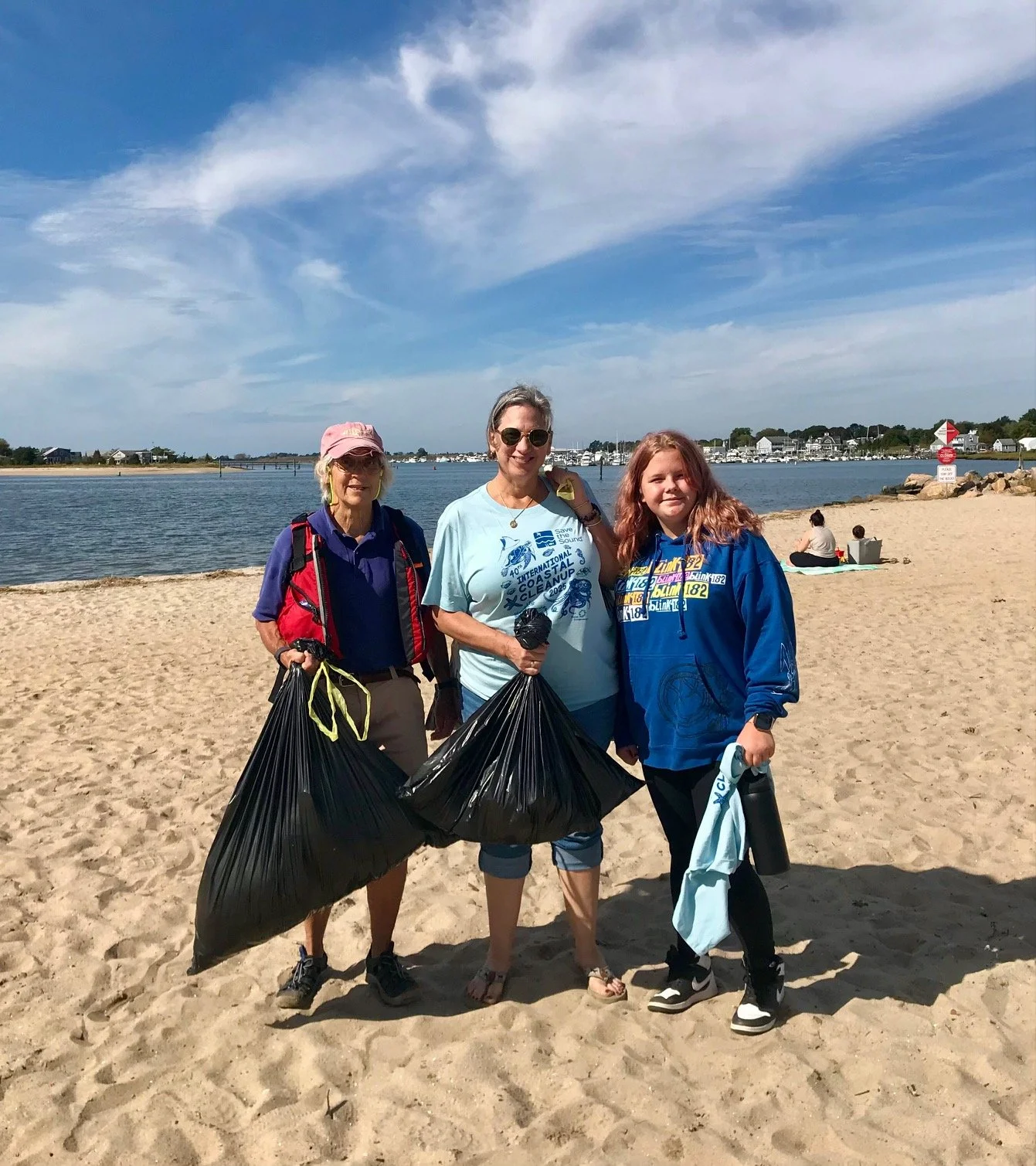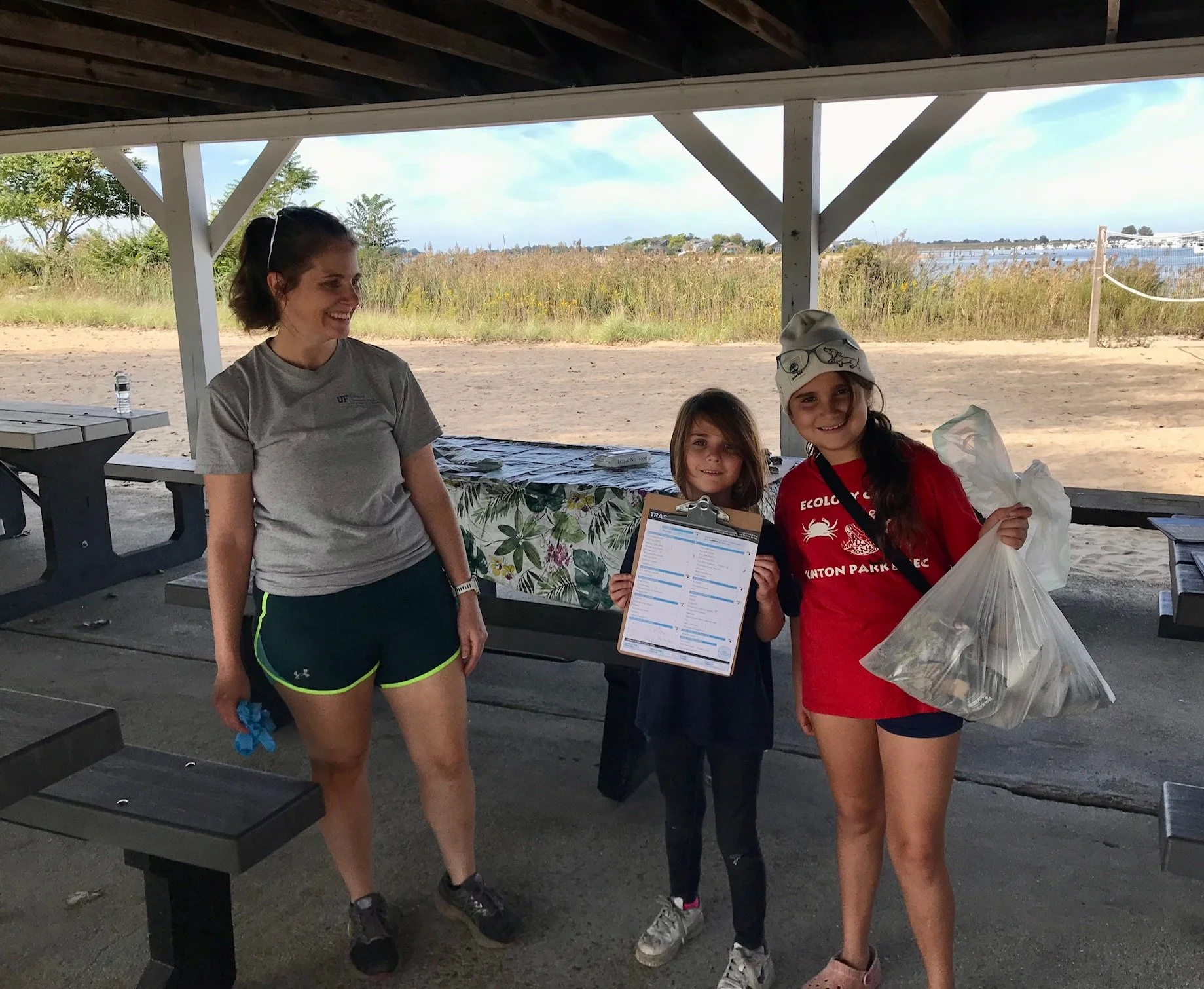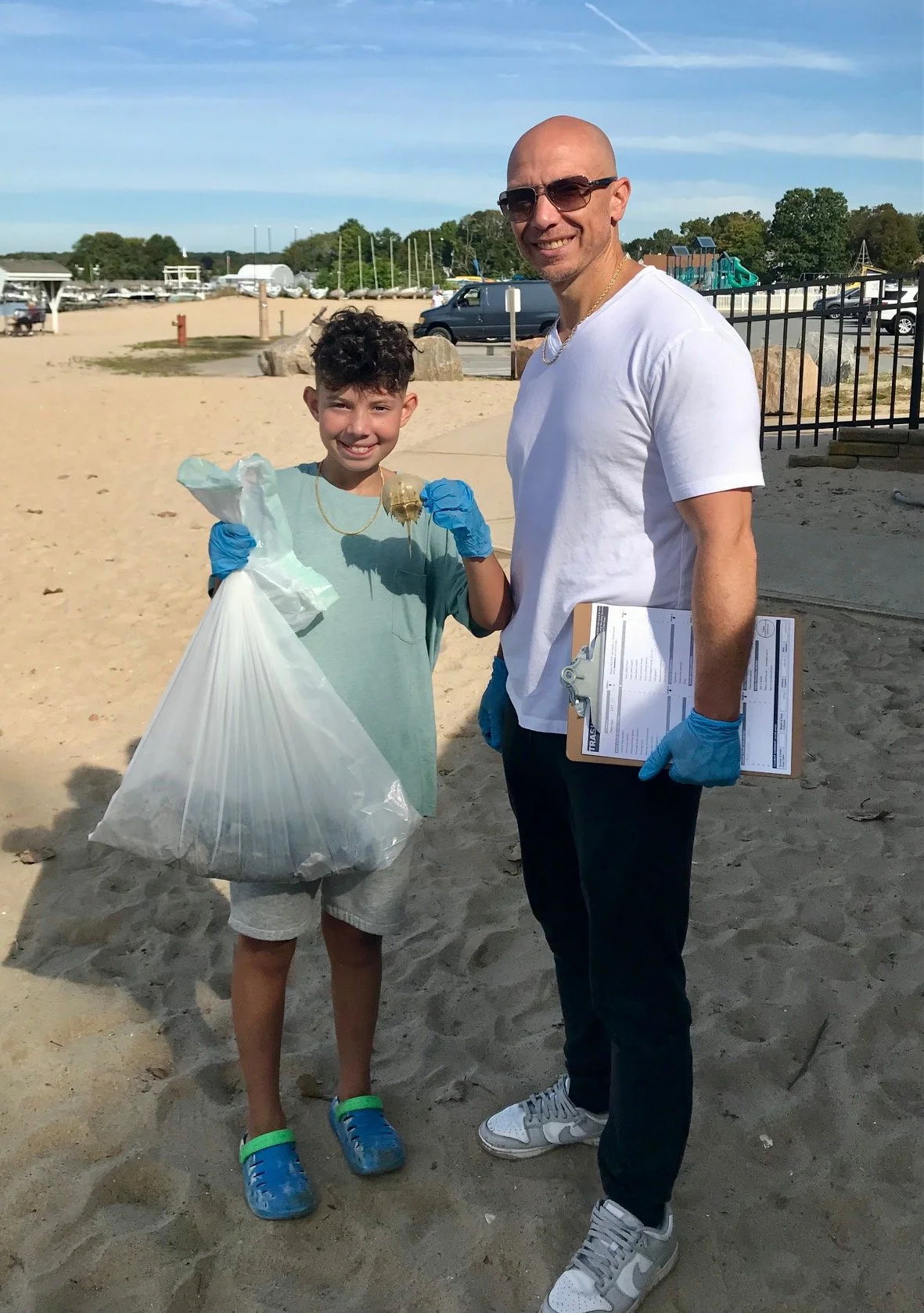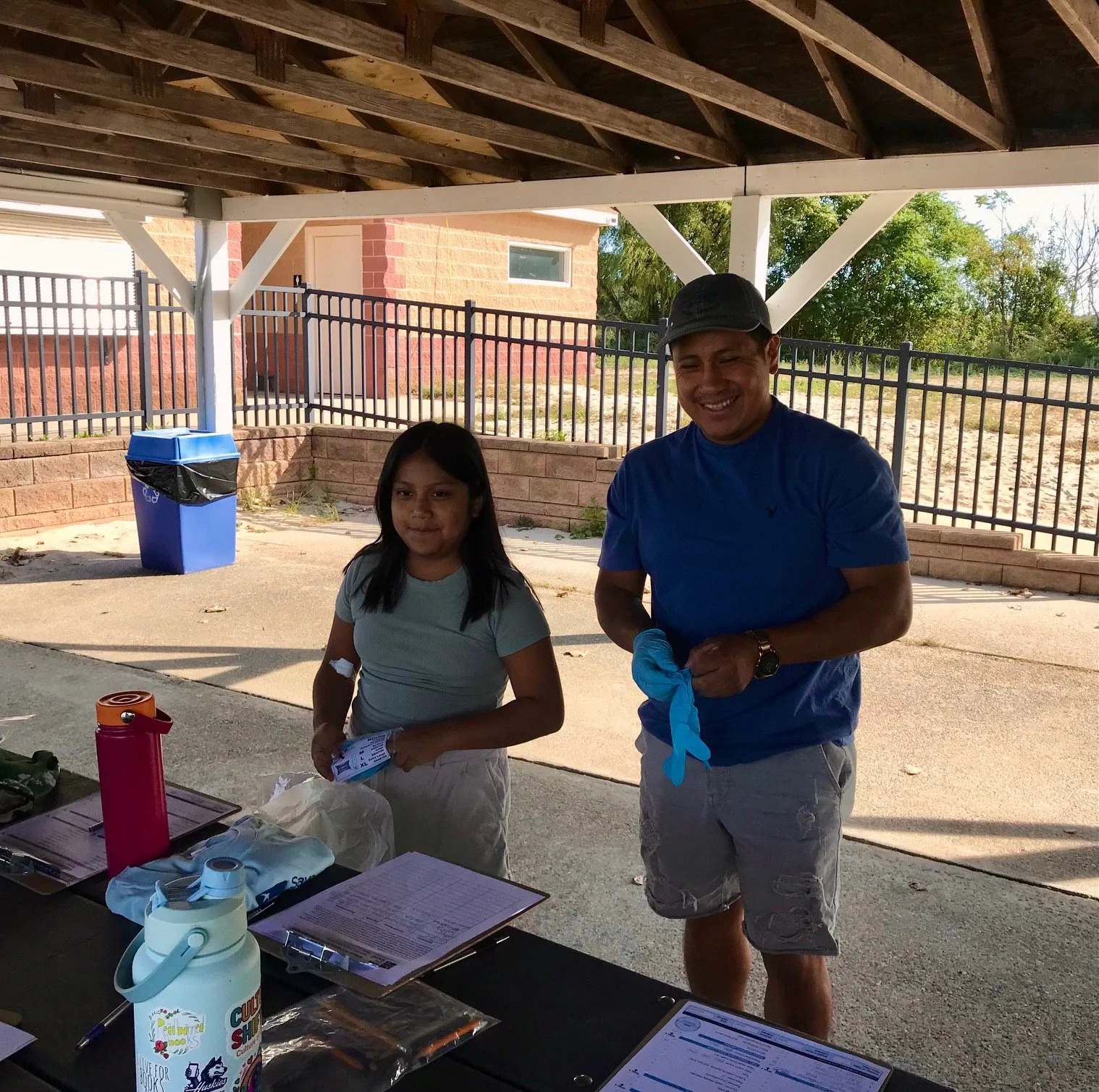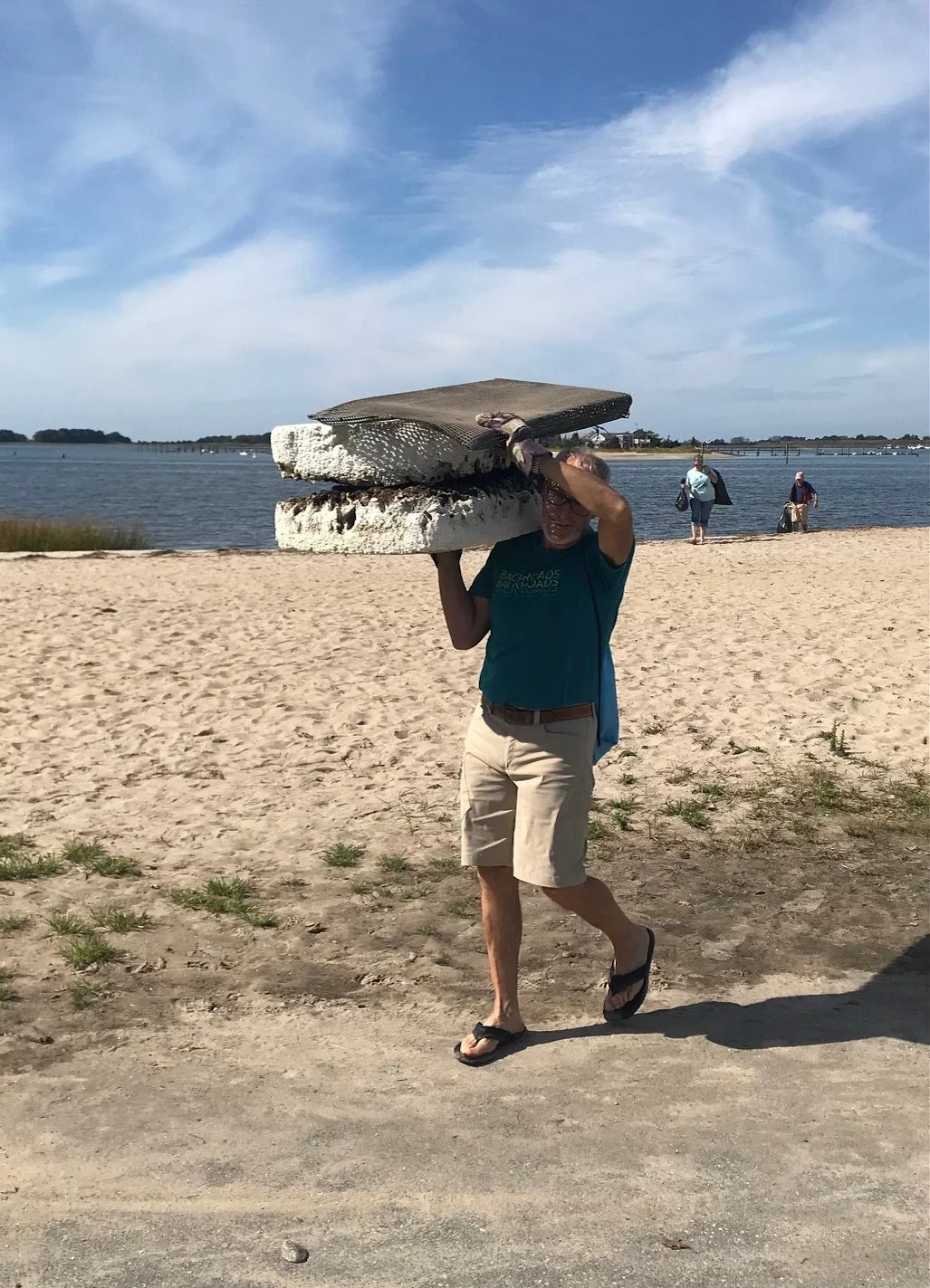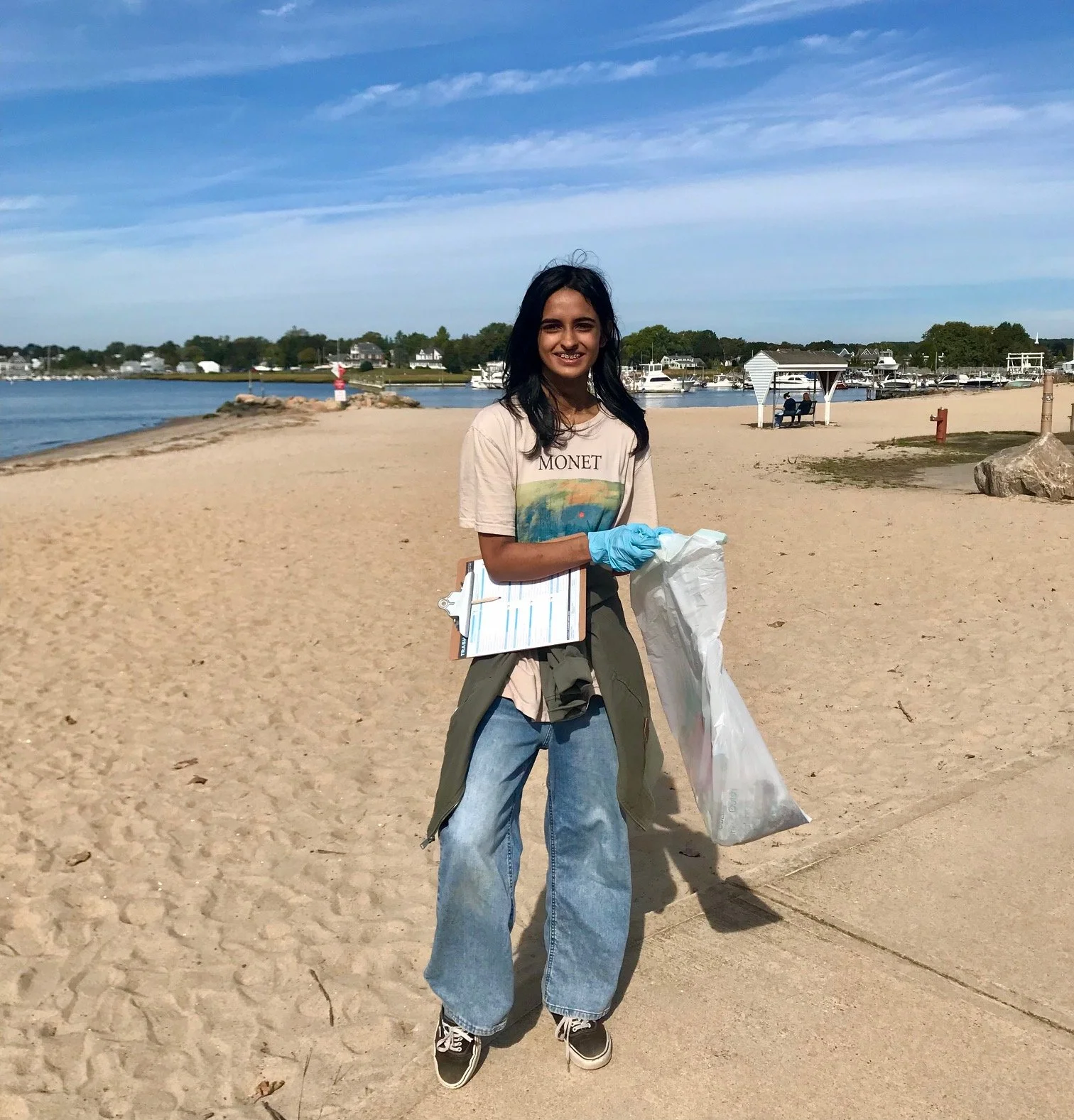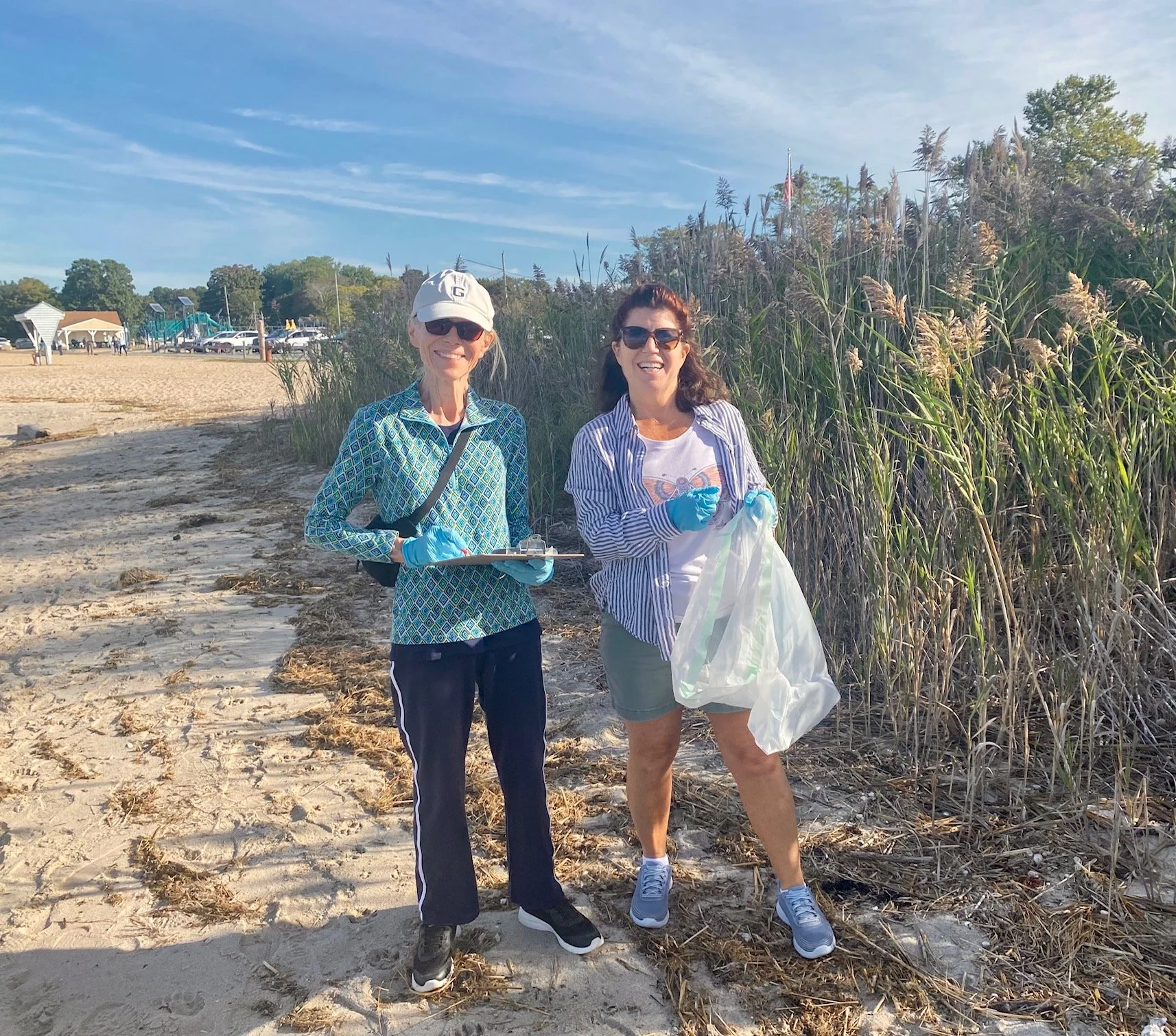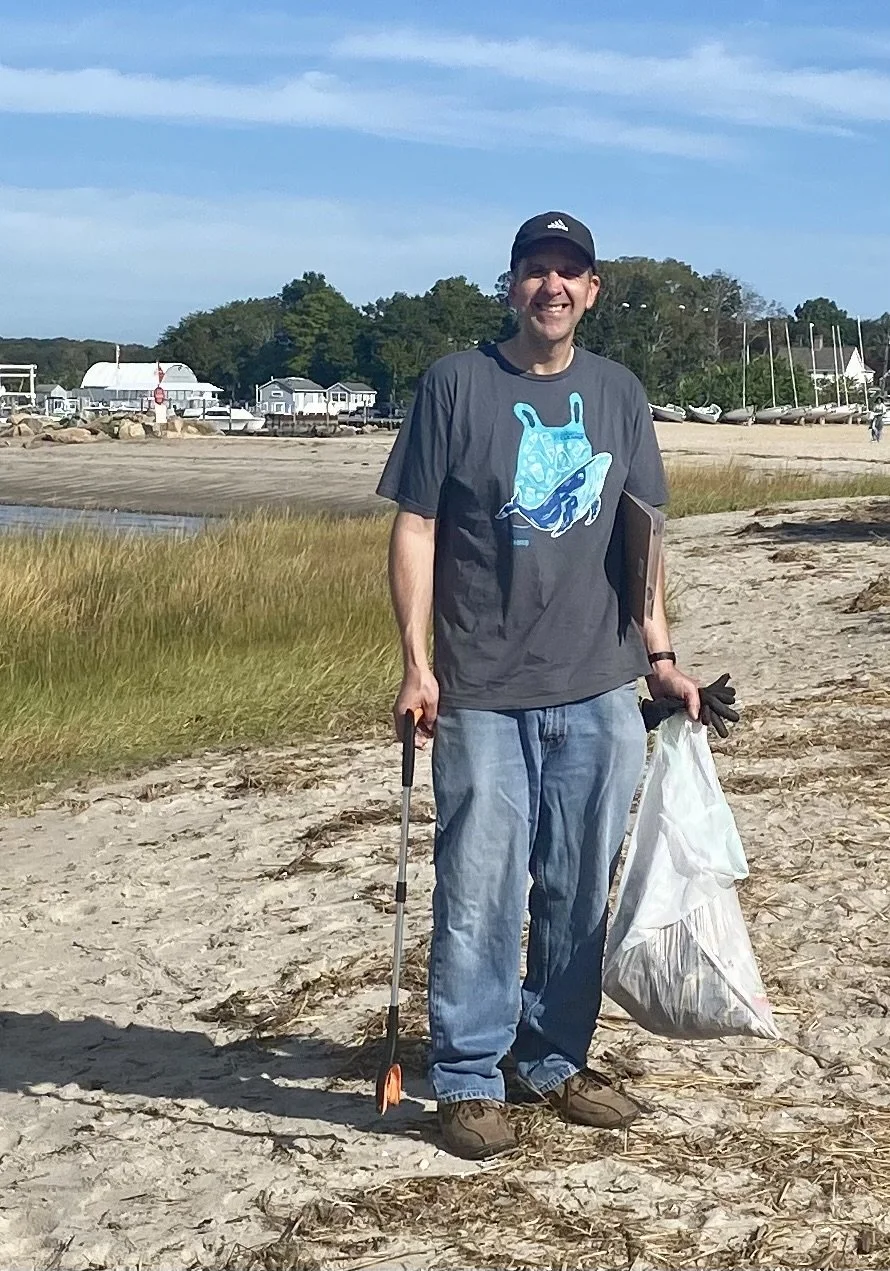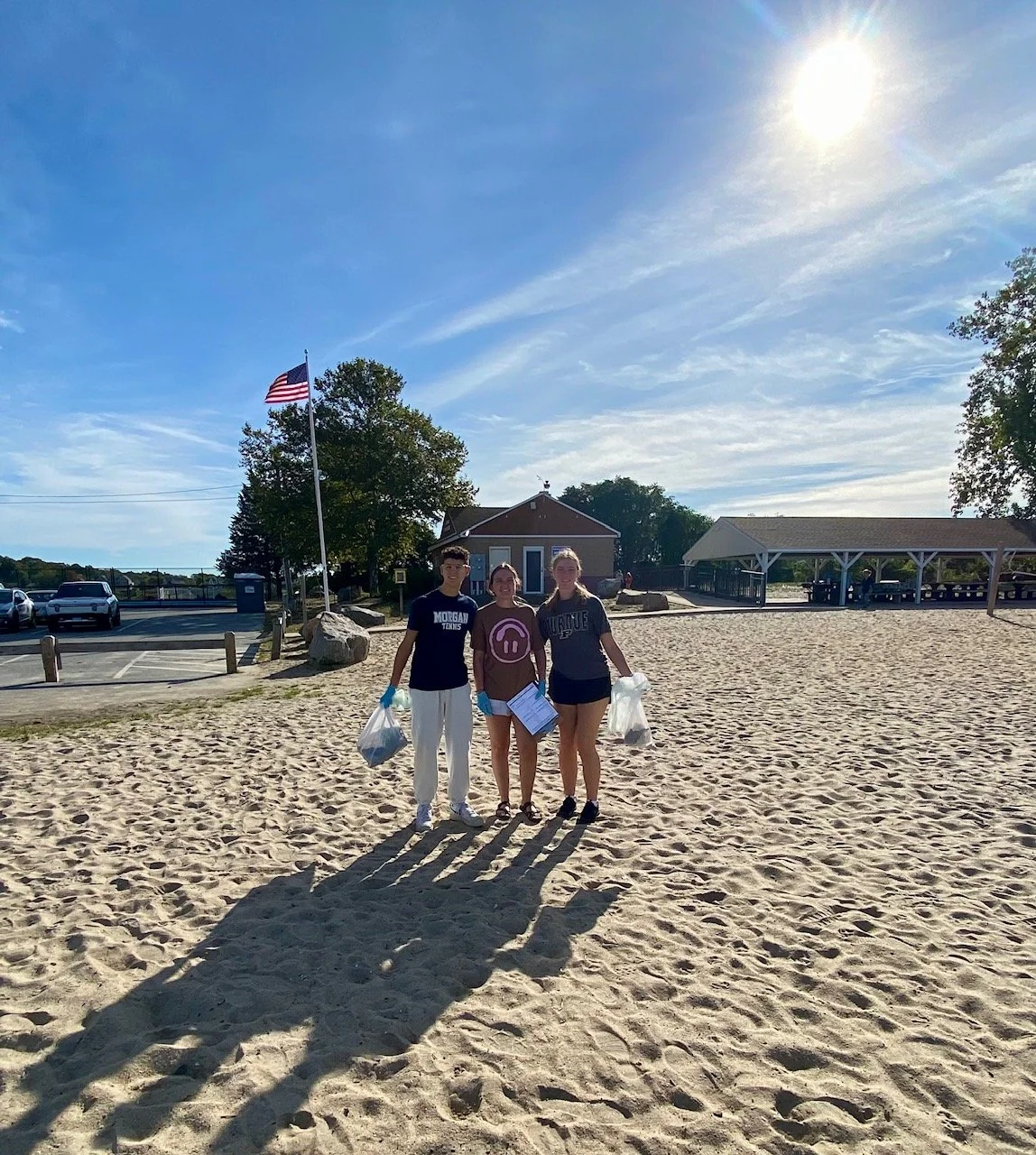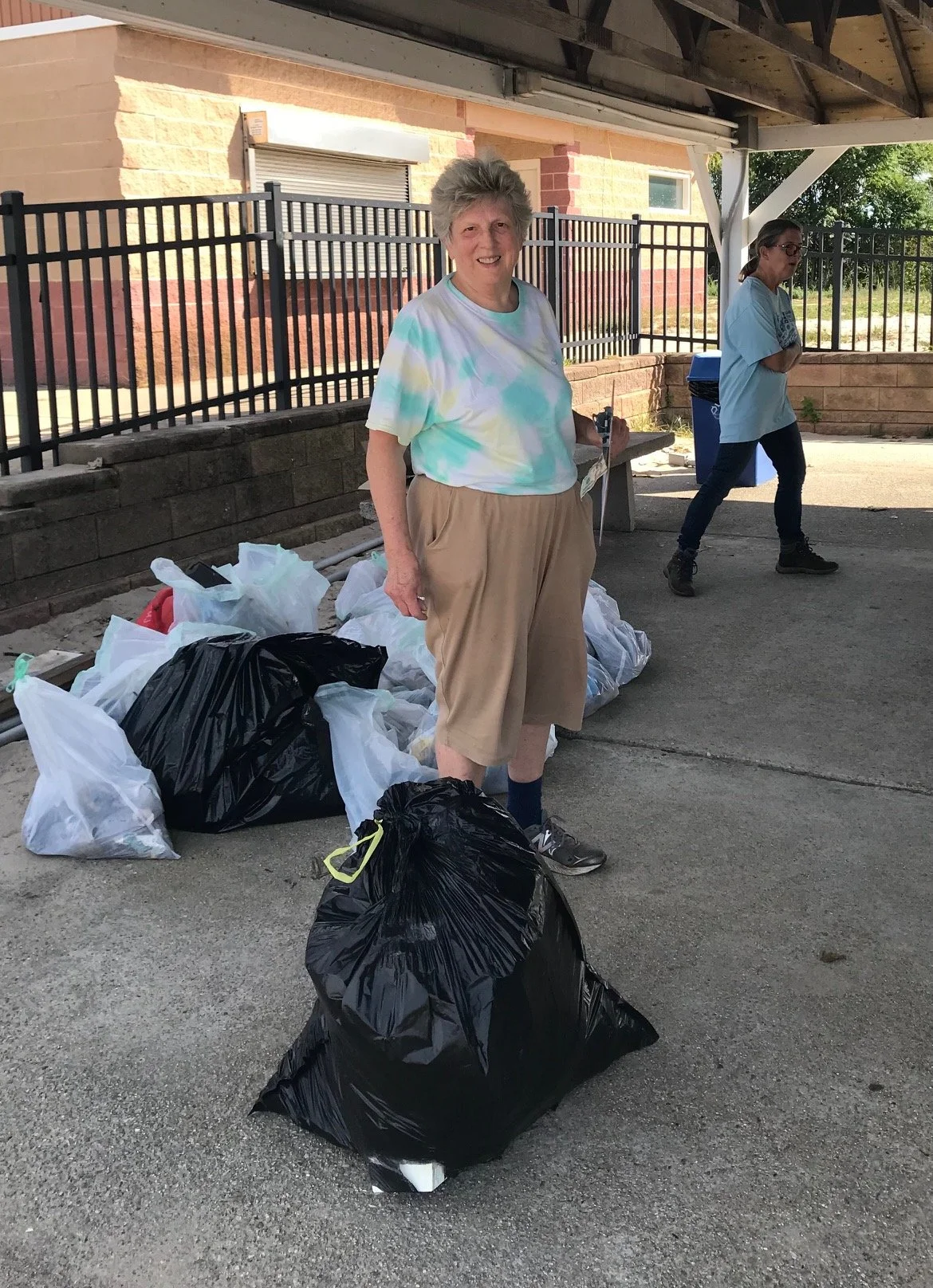
Outreach in the Community
Our educational programs, engaging camps, and supportive scholarships are designed to involve individuals of all ages in discovering and appreciating our local environment.
Calendar of Events
February
A CLCT favorite
If your kids enjoy animals and spending time outdoors, this free activity is a perfect way to brighten up the chilly winter days. Limited spots available, so register early!
Highlights from This year’s tracking program with Erik Becker
March
Eunice Symonds Bushy Hill Camp Scholarship — Third and fourth grade students are encouraged to write a persuasive essay to win one- or two-week camp sessions at Bushy Hill Nature Camp.
Congratulations to our 2025 Bushy Hill Day Camp scholarship winners!
Bushy Hill Day Camp is nature, education and exploration based. Campers participate in activities such as ropes course and team building games, tracking, plant and animal identification, fire building, and hiking.
April
Alice & David Crosby Environmental scholarship
This $1,000 scholarship is awarded to a graduating Clinton senior pursuing an environmental major in college. Download the application here.
CLCT is happy to announce that recent Morgan graduates, Aleia Aleman and Joe O’Brien are the 2025 recipients of the Alice and David Crosby Environmental Scholarship! Both Aleia and Joe plan on studying environmental studies in college. We wish Aleia the best of luck at URI and Joe at Stonehill College. We hope that they both use the knowledge and skills gained from their studies to foster positive changes in the natural environment. Congratulations!
Program Description
Event Details
Meet live birds and explore the ways bird vision differs from humans. Learn how birds perceive colors and ultraviolet light, and how they use this special sense to find food, attract mates, avoid danger, and more.
Encounter one of the nature centers resident birds of prey and make a bird feeder to attract colorful birds to your own home!
Once you hear the peepers calling you know spring is here!
Let’s get froggin’ and enjoy this exciting adventure together!
Highlights from Peeper Prowl 2025
may
May 21, 2025
Marine Science Day ——This is a full day of integrated learning for Clinton 4th graders at Clinton Town Beach. The students rotate through stations focusing on Math, Science, Engineering, Literacy and Conservation. The Clinton Land Trust (CLCT) station educates the students about the life cycle and history of osprey in the Hammock River.
June
Story Hike (ongoing)
This free event is co-sponsored in partnership with the Henry Carter Hull Library, open every day for the community to participate. We encourage you to stay tuned for our next exciting story hike, which will be announced soon.
National Trails Day
Please join us for an easy to moderate hike through a CLCT favorite— Peter's Memorial Woods. Meet in the parking area at the entrance to Peter's Woods. This enjoyable 45-minute to 1-hour hike will be led by past President Mike Houde, offering a chance to explore the natural beauty of the area as we wander past scenic moss-covered ledges, along historic stone walls and cross charming brooks.
Light refreshments will be provided following the hike.
Clinton Beach Toy Library
We are proud to introduce the Lending Toy Library at the Clinton Town Beach! Heading to the beach with your family? Borrow toys for the day and simply return them when you leave. It’s a fun and sustainable way to Reduce, Reuse, and Recycle while keeping little ones entertained. Our hope is to share, play, and care for our environment, together!
In partnership with the Henry Carter Hull Library, CLCT and the Clinton Park & Rec are thrilled to co-sponsor this new community project!
Ecology Camp
This is a camp for children ages 7–11. Campers explore many different habitats comparing and contrasting the animals and plants in fresh and saltwater. They discover animals in tidal pools, salt marshes, sandy beaches, woodland forests and vernal pools.
JULY
Ranger Russ's Animal Friends
Date: July 17, 2025 2:30-3:30
Meig's Point Nature Center will return to the HCH library with a variety of snakes and turtles to educate us and help children to understand and not fear these unique animals.
August
Denison Pequotsepos Nature Center presents: Owl Prowl-Live Owl Program!
Date: August 6, 2025 5-6:00 p.m.
Meet a live owl in an up-close encounter! Learn about owls native to the area and explore the unique adaptations that make them the perfect predators of the night. Touch owl artifacts and create an owl craft to take home.
Click on the button below to view some of the exciting highlights and memorable moments from this summer’s cosponsored programs held at the HCH library!
September
Clinton Town Beach Cleanup
Date: Saturday 9/27/25 9-11:00 a.m.
A Heartfelt Thanks to Our Amazing Beach Cleanup Volunteers
We want to extend our deepest gratitude to all the incredible volunteers who dedicated their time and energy to the beach cleanup. Your hard work and commitment to preserving our beautiful coastline are truly inspiring. Every piece of trash you picked up and every effort you made contributes to a cleaner, healthier environment for both people and wildlife.
Plastic waste makes up 80% of all marine pollution and takes between 500-1000 years to degrade. The first step is to reduce our use and dependency on plastic whenever possible. Town beach and waterway cleanups are organized by Save the Sound who have coordinated the Ocean Conservancy International Coastal Cleanup in CT for over 20 years. The Ocean Conservancy compiles data collected from volunteers to help find solutions to the worldwide problem of litter pollution, poisoning oceans throughout the world.
The photographs below are from our Beach Cleanup, 2025.
October
CLCT Annual Meeting, featuring Stephen Gephard
Upper Mill Pond Dam, Indian River: Fishway Construction Project
Please join us to learn more about this exciting project happening right here in Clinton. Light refreshments will be served!
Stephen Gephard, formerly a fisheries biologist with the Connecticut Department of Energy and Environmental Protection, now works as an independent consultant specializing in the removal of dams and the construction of fish ladders to restore aquatic ecosystems. In his upcoming talk, he will discuss the design and construction of a fishway on the Upper Mill Pond Dam located on the Indian River near Big Y. He will explain how this particular dam obstructs migratory fish from accessing upstream freshwater habitats necessary for spawning. Additionally, he will describe how removing or modifying this barrier can benefit numerous animal species and significantly enhance the overall health, biodiversity, and ecological balance of the entire watershed.
Date: Wednesday, October 22, 2025, 6:30 p.m.
Location: Henry Carter Hull Library, Clinton, CT
Looper Moths and Hemlocks
These moths fly from mid-August to early October. The females lay their eggs on moss, lichen, or bark and the eggs don’t hatch until the following June. Pupation takes place in bark crevices or in masses of lichen or moss. The caterpillars eat the needles of Hemlock trees. — from “A View of Peters Woods” by Bert and Jinny Godwin

